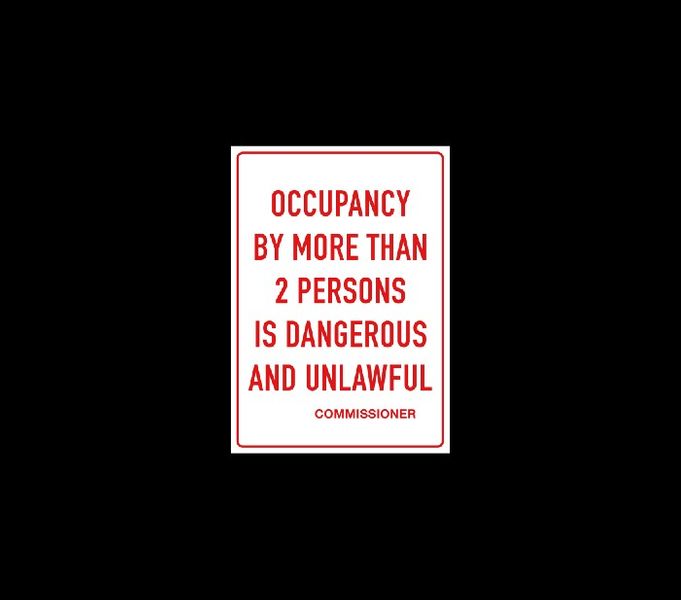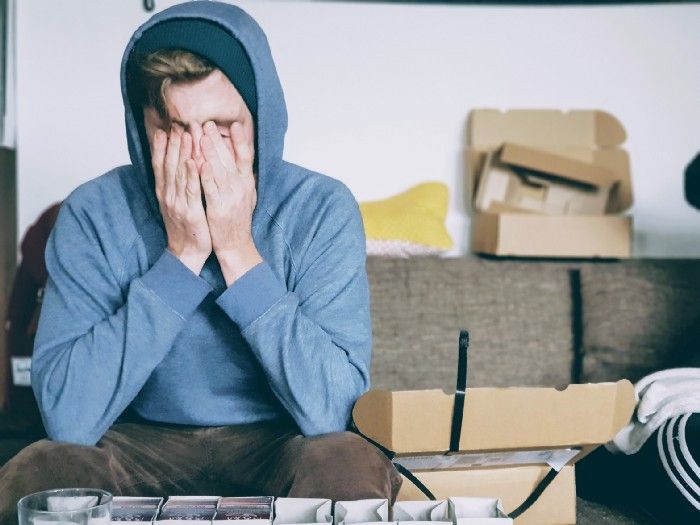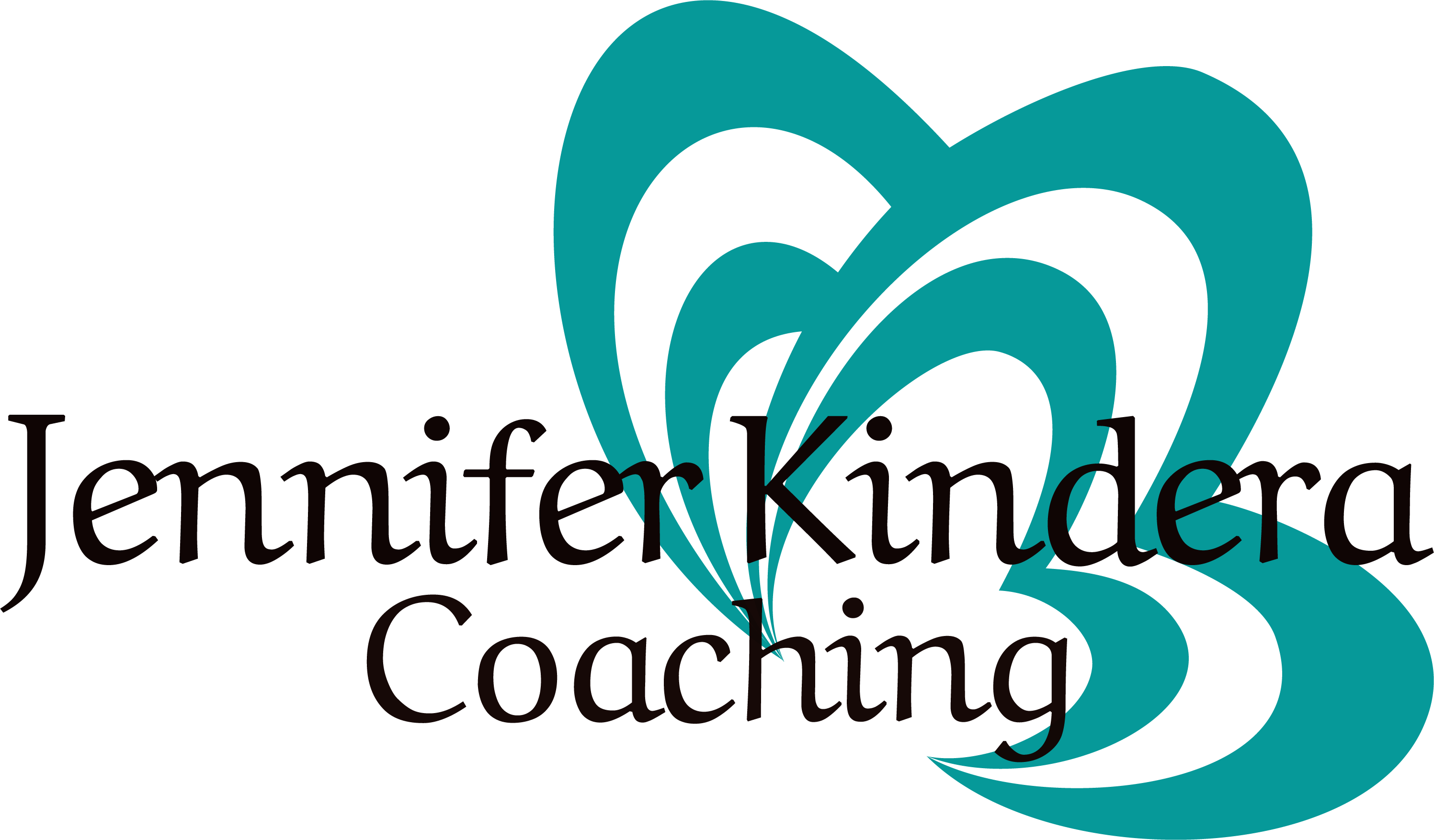Life, Trauma’s Effect and the Pursuit of End of Quarantine
Available Authenticity
Jennifer Kindera, CTRC-S, CHSP, TICC, CLC
Where’s my to-do list? What’s next? Man, I’m so tired. I don’t feel motivated. Maybe a meditation, or maybe I should cook/bake/clean/take the dogs out to play. Crumping on the couch once again, I don’t want to do anything.
I’m normally pretty motivated. I run my own business, have responsibilities, know what I need to be doing to keep things moving. Why isn’t my head in the game?
Oh right, we are under self-quarantine because there is a worldwide pandemic.
It’s a bit surreal, don’t you think? Kind of zombie apocalypse meets toilet paper hording catastrophe.
There are a lot of articles out there right now, outlining how you could be spending your time during the isolation period. The implication in our productivity-based society, you must be accomplishing something meaningful to be more worthy. That’s a tall order in our shame-based culture, for survivors of trauma living with Cptsd.
My motivation, or lack thereof is so much bigger than just push-through-get-in-gear-bike-12-miles-and-make-a-quiche today. And, just to make one thing clear, developmental trauma survivors are strong AF. We have an underlying spine of strength, having lived through uncontrolled circumstances as children. So, when I say I’m pretty able to stick to what I need to do, I’m not kidding. I have goals. I have freedom as a Cptsd survivor I never thought possible. I can scale tall buildings…well, not really but you get the idea.
At first, there was a sense of calmness. It felt safe to stay home. Let’s be honest here too, I stay home a lot anyway. I work from home, so usually my trips out are to the gym and the market. I love going to the gym. I miss it terribly. That’s a first world country issue to be having, for sure.

One thing I’ve been hearing from fellow trauma survivors is a common feeling of ahhhh….at last. At last, all those ‘normal’ people, who haven’t gone through similar circumstances, are in the boat with me. They have to isolate too. I don’t feel as alone.
That’s pretty powerful. I don’t feel as alone during isolation because others are going through it too.
The next theme that came out in sessions and in myself, was okay I got this, I can do it. I still have some semblance of control, how I’m spending my time, but shouldn’t it be over soon? I mean, seriously. When can we safely go back out?

That thought feels scary now. Going back out means putting myself, and the people I live with, at risk. How will I feel safe, even when ‘they’ say it’s safe to resume normal activities? How will they know for sure? I want certainty here, and there’s really none to be found. The fear is metastasizing.
So in my quest to be my most authentic self, I keep digging through emotions which cause my feelings, based on my perception of this uncertain situation. I went back to the drawing board. One thought kept rising, how does authenticity play a part in this situation?
What does it mean to be authentic? If I were to define it, without looking it up I would say being true to myself, genuine. Be the same version of me, no matter who I am with, what my circumstances are. But there’s something missing in that definition.
How does being authentic play a part in the pandemic and ramifications, thereof?
According to the Etymology Dictionary, the definition and Latin root:
au·then·tic
/ˈauthentic/adj
gerund or present participle: authenticating
- “original, genuine, principal,” also means “one acting on one’s own authority,” “to accomplish, achieve.” Sense of “real; entitled to acceptance as factual.”
Okay, that made sense to me. Being original, genuine and the principal player in my life. Acting on my own authority, accomplishing and working to achieve, internally and externally. Being real, expressing realness; falseness as a trauma survivor, we’ve had enough of that, haven’t we? Yep, lots of layers to struggle with, denial, resentment and the like.
The part that intrigues me though, is the ‘acting on one’s own authority.’
That’s the part missing right now. Because I’m not acting on my own authority. In my daily ways I am, but I think that deeper, the universal concern and layers to the pandemic and how we are truly processing this, is diminishing my available authenticity.
What’s available authenticity, you ask? Well, I’m glad you asked, remember I’ve had lots of time alone with these thoughts swirling around.
Available authenticity is my capacity to express my transparent, real self. Emotionally, physically, mentally, spiritually. It’s the non-codependent, loving, compassionate way I view myself. It’s commensurate to the amount of stress, pain, and ego I’m living in at any given time.
In times of high stress, such as with the pandemic, as fear grows to living, breathing proportions, my available authenticity is taxed and starts to deplete.
So, what’s the brain’s job in all this?
Your brain is built to protect you at all costs. The brain doesn’t differentiate between physical and emotional pain, it’s all pain to the brain. So when the brain, and heart, and body are put under heavier than normal stress, it’s going to compensate, make up for it, by protecting you. Trauma lives in the body, on a cellular level. It has to come out, somehow.
One of my favorite metaphors to use with clients is the sponge. If your psyche is a sponge and you’ve lived your whole life, filling it with experiences, traumas, good stuff too, but just filling it, at some point it’s going to overflow. What happens to a sponge when it’s oversaturated? It leaks water out the sides, dribbles, makes a mess.

We are dousing our sponges, people. The uncertainty, the risk factors, the media have fed that fear. I can’t say whether fear is the bigger pandemic, I have read that opinion several places, but I will say it’s contributing hugely.
So, what do my brain and my heart do when my sponge is full? Gotta get it out. I react, I get short-tempered, anxiety rears it’s ugly head, and depression is all it’s cracked up to be.
And, my motivation goes down.
Down. And more down. Maybe I stop showering as often, maybe I start eating more to make myself feel better, maybe I let the mess build up around me, stop exercising. I get snappy, tears just beneath the surface, I’m less focused, more forgetful. Potential sadness, exhaustion, anxiety and irritation. I’m just not myself. My available authenticity keeps lessening, with fear coming out on top, and I respond by going into old patterns to cope.
(Last week I accidentally left the sink running and flooded my kitchen. Internal mess, expressed soggily outward.)
Maybe I stop doing the things I can do, things I know bring me joy and brimming with my own authenticity. I’m too exhausted to use my tools. To be active. My nervous system may be at a higher state of activation. I may engage in black and white thinking, and learned helplessness. Hypervigilance is on the field people, watch out, where’s my effin window of tolerance!

And from there, it’s a very short carnival ride to the shame spiral, where the creepy clowns live, with unending censure.
So, how do I combat this global-level collective energy, which is affecting all of us in so many ways, on a conscious and unconscious level?
Awareness combined with self-compassion and acceptance of me. Where I’m at right now, knowing that I don’t have to change it, or how I feel.
Sounds simple, right? Just be kind to myself basically, and not harsh about what I’m doing or not doing.
But what does that mean in terms of practical application for trauma survivors, who are living in isolation, with copious amounts of fear right outside the front door? We need safety. It’s like breathing. Completely necessary.
It means that I am kind to myself, I listen to my body, heart and emotions. Emotions are messengers, they are trying to tell you what is going on with you, physically, in a tangible way. Listening to them, as they rise up, with gentle observation is a key piece to self-compassion. I believe the heart, mind, and body have an innate wisdom that communicate constantly. When I am in tune with myself, and cognizant, I can give myself what I need.
This is not a static concept. It’s fluid. Some days it’s back to basics, rest, eat, basic needs of self-care. Some days it’s more like today. Doing some writing, seeing some beautiful clients, and working my passion to help other survivors.

And some days, curling up under the covers and watching movies is what I need. I get to choose. And there is no shame if you have 12 days where you curl up, and be okay with not being okay. We haven’t done this before, it’s all new.
One day is not better than the other, just different.
Being gentle with ourselves, for survivors is a completely alien concept. We simply don’t know how. Remember you are practicing it, no expectation of being perfect. If we can stop holding our feet to the flames every time the inner critic says, ‘you should be doing more,’ that is absolute growth and progress.
The more I resist the changes that are coming, the unhappier I am. It’s okay to take care of yourself, in fact it’s more than okay. You deserve the caring and compassion that you didn’t get as a child.
And it starts with you giving it to yourself.
